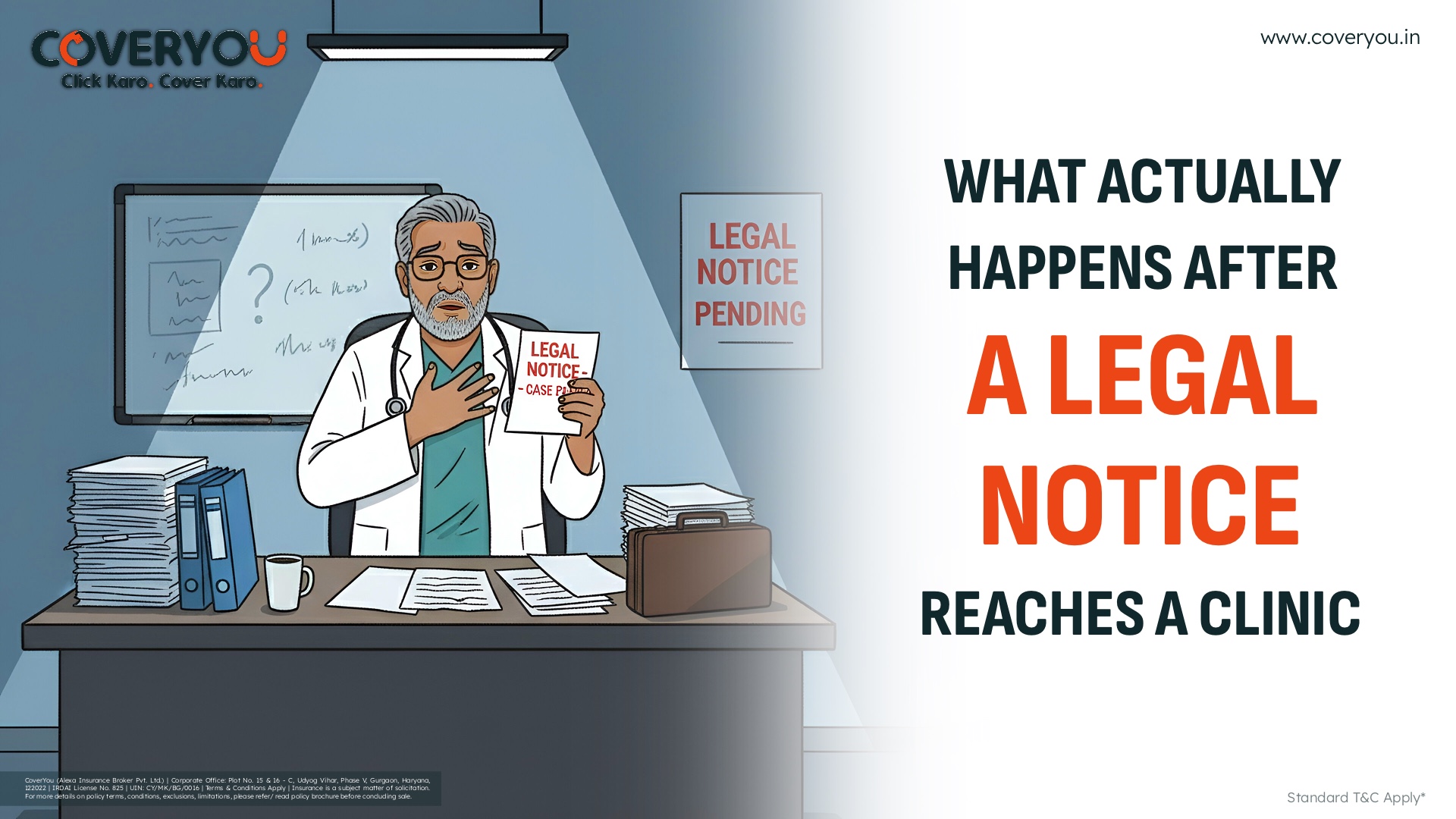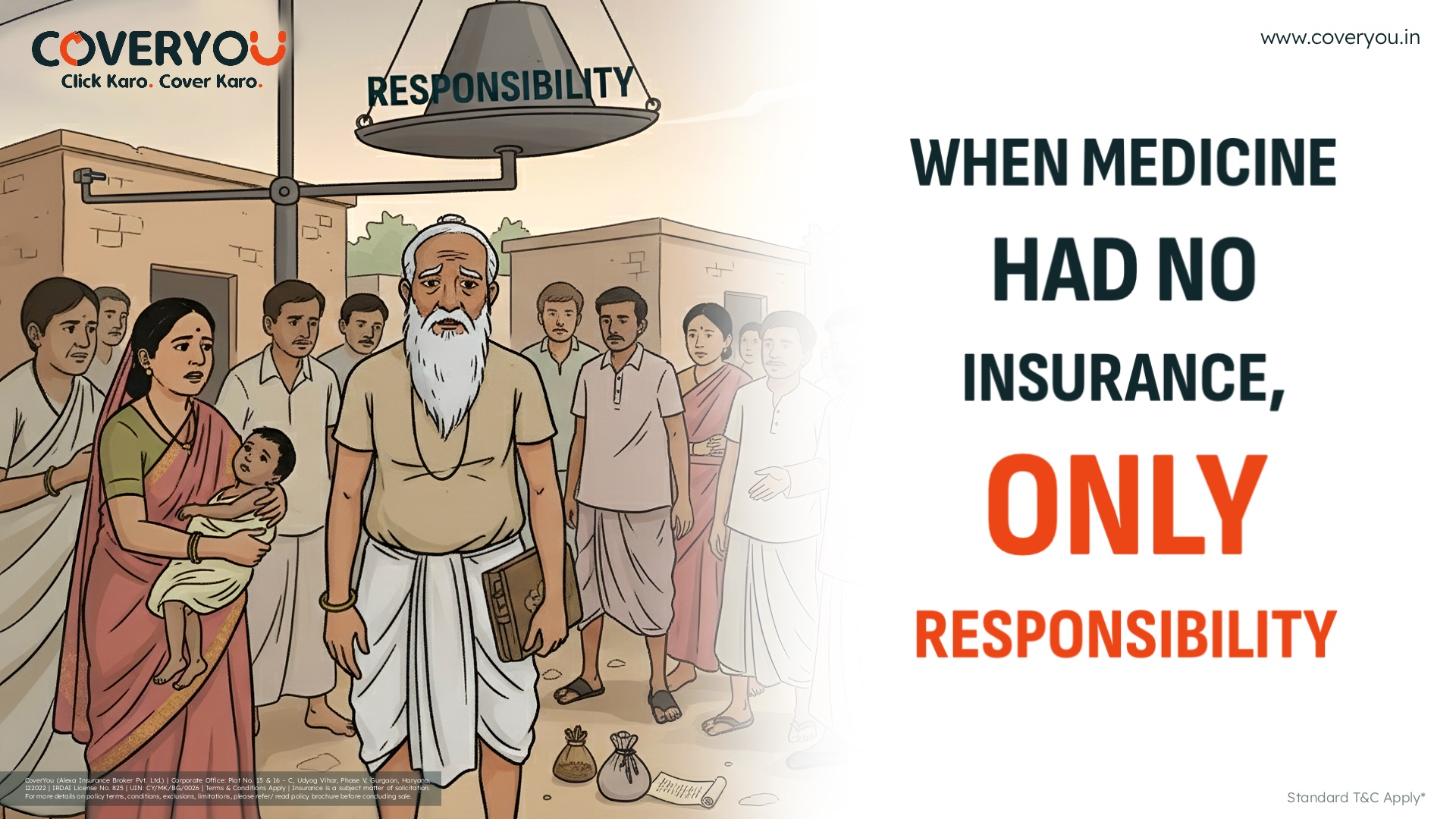Insurance provides financial protection against unpredictable risks and losses. However, it has limitations, as outlined in policy documents. Understanding these exclusions is crucial for policyholders to know what their insurance covers and what it does not. This in-depth blog explains permanent exclusions in health insurance and their impact on policyholders.
What Are Insurance Exclusions?
Exclusions are circumstances, conditions, or types of loss not covered under an insurance policy. They determine coverage extent and show boundaries. Insurers use exclusions to limit their risk and avoid covering extremely risky scenarios. Exclusions limit the scope of insurer coverage. They form the foundation of insurance contracts and clearly disclose what’s not covered. Policyholders should read policy wording carefully to avoid surprises when making claims. Exclusions can vary widely between insurance classes and policies. Common types include:
- General Exclusions: These are the broad categories applying to all policies of a specific type. For example, most health insurance policies exclude experimental treatments not approved by medical authorities.
- Policy-Specific Exclusions: This may vary policy to policy, excluding specific diseases, illnesses, or treatments.
- Permanent Exclusions: Conditions or treatments excluded for the entire duration of the policy. These are explicitly listed in policy documents and remain unchanged.
- Temporary Exclusions: This exclusion would apply for a specific period before coverage is reinstated, such as waiting periods for pre-existing conditions.
Permanent Exclusions in Health Insurance
Permanent exclusions are specific treatments or conditions which will never be covered under the policy. They are listed under “Permanent Exclusions” in policy documents. Understanding these is crucial for policy holders to set expectations and make informed decisions. Common examples of permanent exclusions:
Pre-existing Health Conditions:
Most policies will not provide coverage for pre-existing medical conditions. Pre-existing refers to any condition that existed before the policy was taken. Some policies, however, provide coverage for pre-existing conditions but after a specified period, the duration of which may vary between different insurers.
Non-Hospitalization Treatments:
Most of the plans exclude non-hospitalization treatments from their policy. Typically exclude outpatient consultations, diagnostic tests, and routine check-ups that do not require hospitalization, though some policies now offer outpatient benefits.
Alternative Treatments:
Treatments by alternative practitioners are usually excluded, such as treatments by homeopathic physicians, acupuncturists, or naturopaths, as most policies focus on conventional medicine.
Cosmetic Procedures:
Exclude surgeries or treatments intended to enhance appearance rather than address and treat a medical issue. However, cosmetic procedures resulting from accidents may be covered.
Self-Inflicted Injuries:
Injuries from self-harm like sexually transmitted and blood transmitted diseases or suicide attempts are generally excluded.
Birth Defects:
Many insurance plans exclude treatments for birth defects, such as any condition existing at birth. These are usually excluded because they are considered to be pre-existing conditions.
Maternity Health and Childbirth:
Maternity related hospitalization costs, including routine prenatal care, delivery, and postnatal care, may or may not be included in a standard health insurance coverage. Some plans include maternity care, while others offer it as an optional or as an add on.
Lifestyle-related Conditions:
Conditions resulting from unhealthy lifestyle choices, such as smoking-related lung diseases or alcohol-related liver conditions, are often excluded.
Mental Health Treatment:
Coverage for psychiatric disorders or stress-related issues may be limited or excluded due to the complexity and variability of treatment.
Impact of Permanent Exclusions on Policyholders
Permanent exclusions likely have a great impact on policy holders if they fall under one of the excluded conditions. They help individuals make informed decisions when selecting health insurance and should be considered when evaluating different plans. Policy holders should regularly review policy documents to stay updated on any changes in coverage.
CoverYou, Simplifying Insurance with Comprehensive Coverage
CoverYou is an insurance broker, backed by 75+ medical associations serving doctors across India committed to providing extensive coverage through a streamlined selection and customization process. We prioritize customer satisfaction and transparency, offering a variety of health insurance and other coverage options tailored to clients’ diverse needs. We ensure that common exclusions do not hinder policy-holders finding the ideal coverage.
Apart from offering a variety of coverage alternatives, our prides itself on clarity in communication and exceptional customer service. Our experts are always available to assist and advise on questions and issues regarding policies. Whether it’s health insurance or other types of insurance coverage, CoverYou excels in formulating tailor-made solutions that provide protection and support, ensuring that clients can confidently select the best plan for their needs.

















